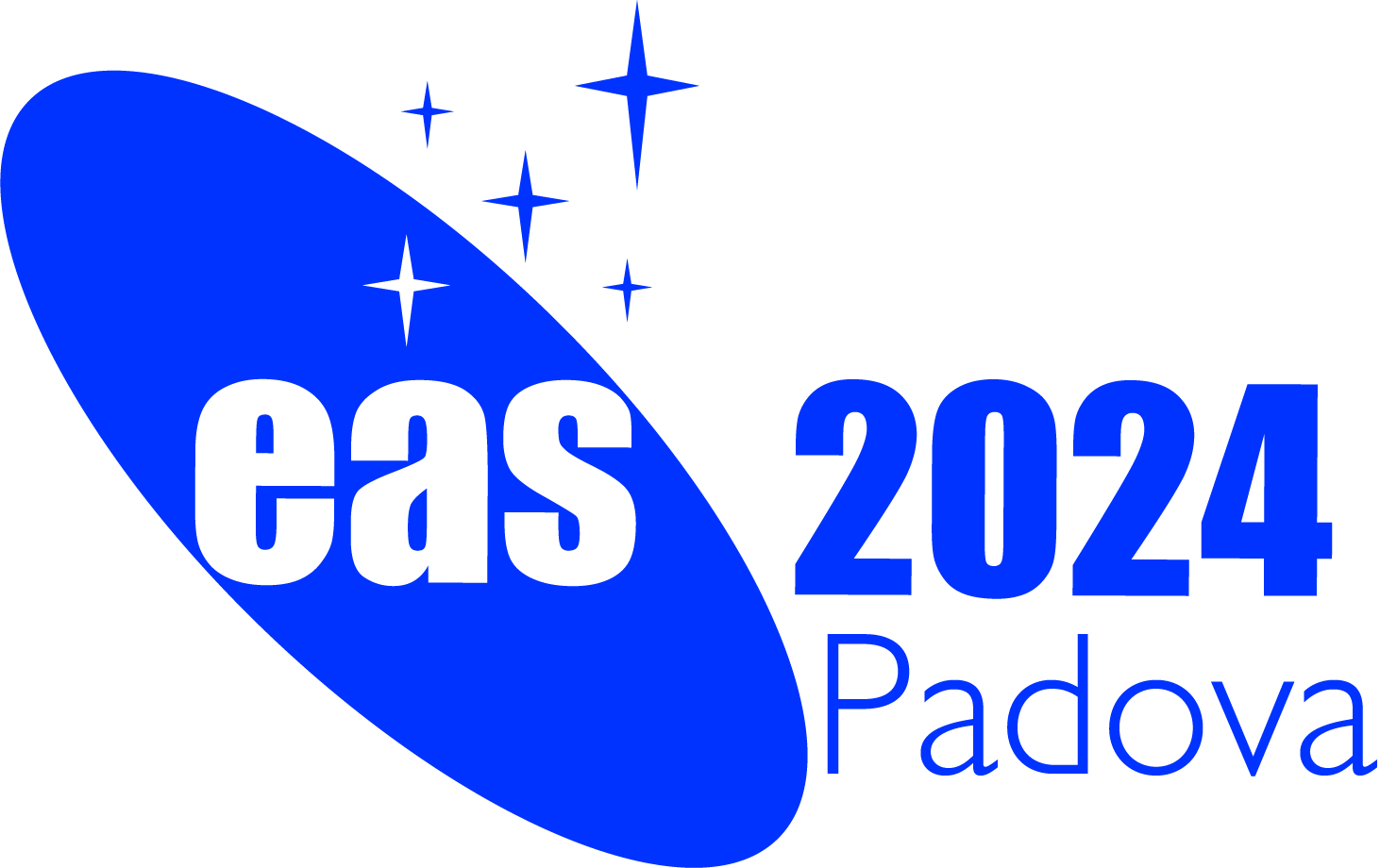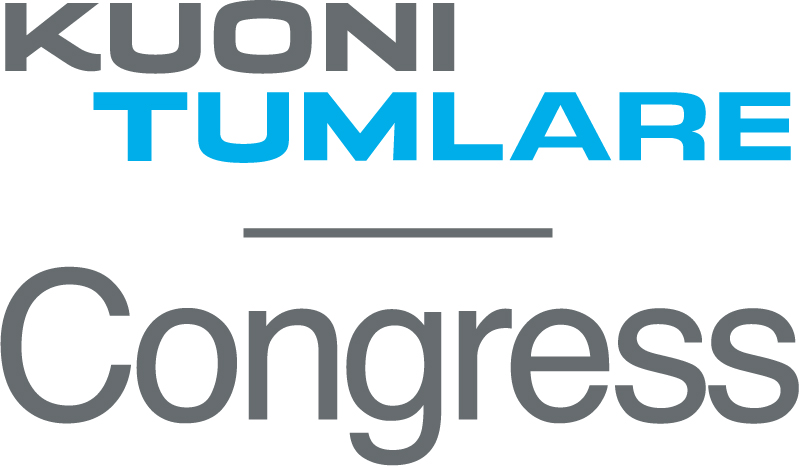Special Session SS21
4 July 2024
The PLATO mission: Towards new horizons in Exoplanet and Stellar Science

Aims and scope
The ESA PLATO mission is currently in development with a planned launch date in late 2026. PLATO will focus on the detection and study of planets up to the habitable zone of Sun-like stars. By observing bright stars, PLATO will enable planetary characterisation, increasing dramatically the number of planets down to Earth-size and in long orbital periods (≤ 1 year) with accurately known planetary masses, radii, and ages. Asteroseismology of several thousands of targets, including the host stars of the detected exoplanetary systems, will allow us to obtain accurate determinations of their stellar properties and therefore deepen our knowledge of stellar evolution. In particular, the determination of accurate stellar ages will be fundamental for our understanding of how planets and planetary systems evolve.
The first goal of this Special Session is to inform the community about the status of the mission development, the core science of PLATO, the science preparatory activities, the data products, and the possibilities for community involvement. The latter include the guest observer's programme for complementary science, archive data access, and participation in ground-based observations programme.
The second goal of the Special Session is to provide a forum for the community to present current research relevant for the preparation and exploitation of the PLATO mission. Space will be given to oral and poster contributions on preparatory observations, data analysis, theoretical models, and complementary science topics.
Programme
- Overview of the PLATO mission
- Science objectives and design
- Status of the mission implementation
- Science preparation: Pointing fields, data processing, ground-based follow-up
- Data products access and guest observer's programme
- PLATO core science
- Exoplanet science highlights
- Stellar science highlights
- Contributed talks on exoplanet, stellar and complementary science that PLATO will help to advance
Review talks will be given by members of the PLATO Mission Consortium and ESA, covering items 1 and 2. For item 3, we invite the submission of abstracts for oral contributions on preparatory observations, data analysis, theoretical models, and complementary science topics. Poster presentations are also welcome.
Invited speakers
Scientific organisers
Ana M. Heras (ESA/ESTEC, The Netherlands) - Chair
Heike Rauer (DLR, Germany) - co-Chair
Mariejo Goupil (LESIA, Observatoire de Paris, France)
J. Miguel Mas-Hesse (CSIC/INTA, Spain)
Giampaolo Piotto (University of Padova, Italy)
Stéphane Udry (University of Geneva, Switzerland)
Contact
Ana M. Heras (ana.heras @ esa.int)
Updated on Thu Feb 29 10:57:02 CET 2024
|

 A power cut will shut down all EAS services on Tuesday, 10 January 2017 starting at 7:30 CET.
A power cut will shut down all EAS services on Tuesday, 10 January 2017 starting at 7:30 CET.

